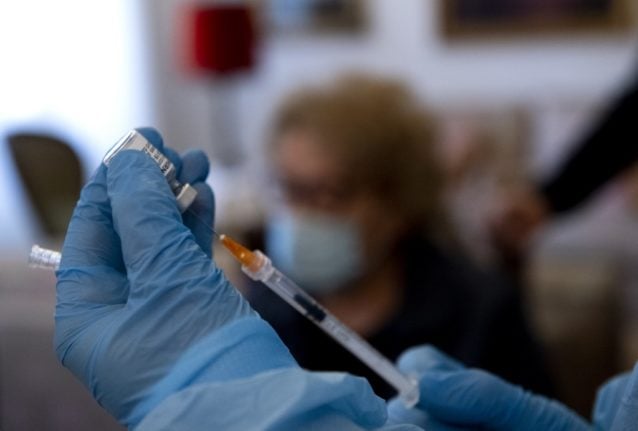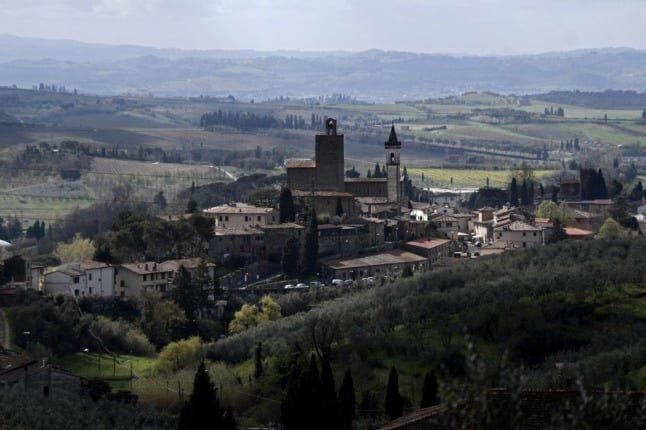The woman received the extra doses from a nurse who failed to dilute the doses, injecting her by accident with three more than intended.
Health authorities initially said the woman, a clinical psychology intern, received six doses, but corrected their mistake on Tuesday.
They added that the discovery that it was four was “important” because Pfizer has previously run tests on the simultaneous injection of four doses.
Those tests found no “particular consequences” for patients, a local health body in the central Italian region of Tuscany said in a statement Tuesday.
The accidental injection took place on Sunday in a hospital in Massa city in northwestern Tuscany. The mistake was immediately noticed and the patient was kept under observation.
READ ALSO: Covid antibodies last 8 months after infection, Italian study finds
She was discharged after 24 hours and “is feeling fine but is still closely monitored”, the health authority said.
In an interview with Corriere della Sera newspaper, the woman, identified only by her first name Virginia, said that after the incident she had a headache, felt exhausted and shivered.
She said she had no plans to press charges, adding: “These things can happen, we all make mistakes, no harm was meant.”
The health authority blamed the mistake on human error, saying the nurse was stressed, and that it was working to ensure it could not happen again.
Overdoses of the Pfizer vaccine have previously been reported in the United States, Australia, Germany and Israel.
READ ALSO: Italy opens Covid vaccinations to over-50s from Monday
While Italy’s national vaccination plan sets priority groups that each region is supposed to stick to, regional health authorities have some freedom to set their own schedule according to their population and the doses available, meaning eligibility varies from one part of the country to another.
After months of setbacks and delays, Italy’s vaccination programme now appears to be speeding up.
Italy recently hit its target of administering half a million jabs in one day, and the seven-day average daily number of vaccinations given in the country is now around 460,000 – up from 433,000 the week before, the latest figures show.



 Please whitelist us to continue reading.
Please whitelist us to continue reading.
Member comments